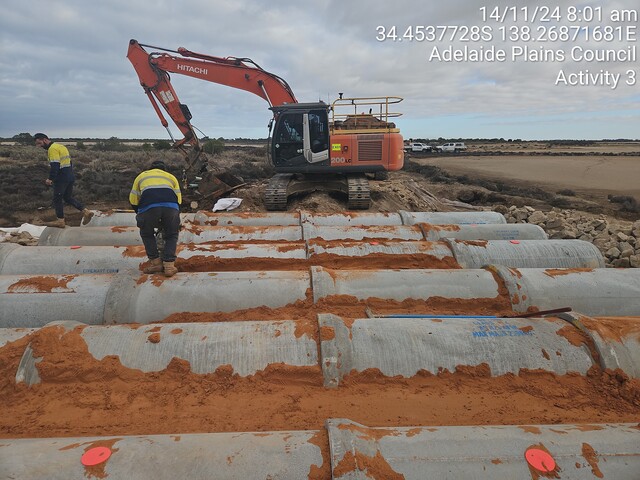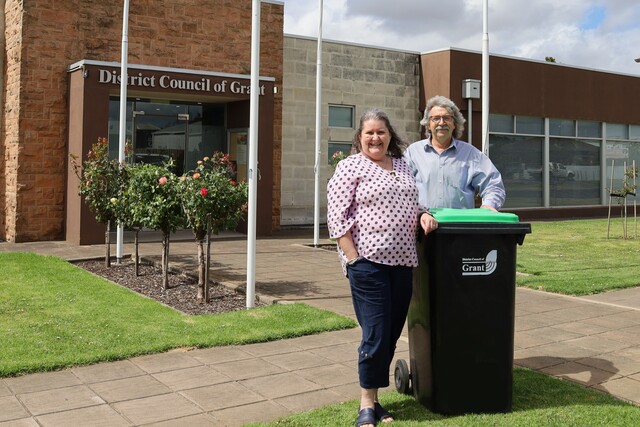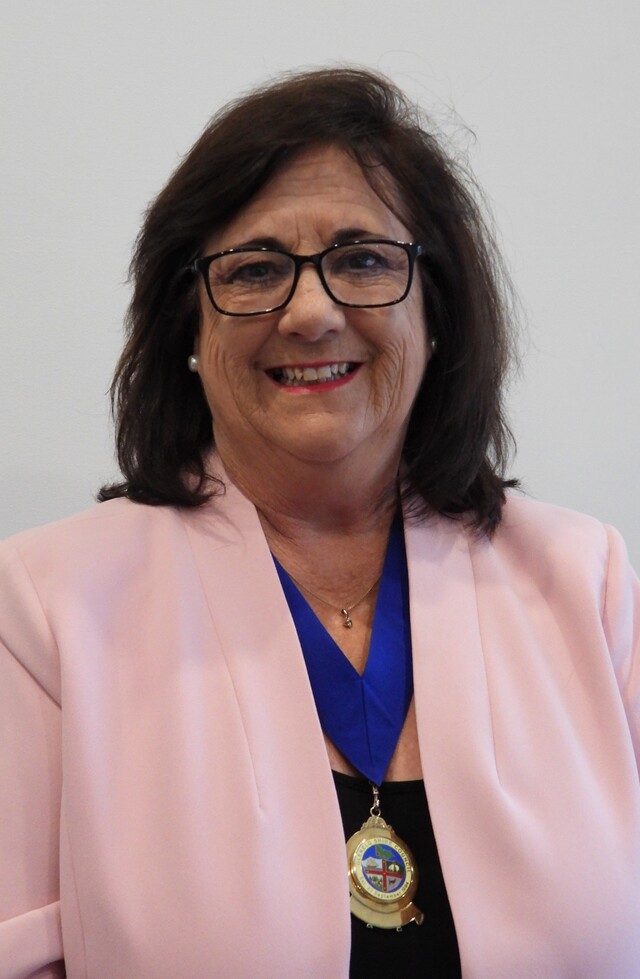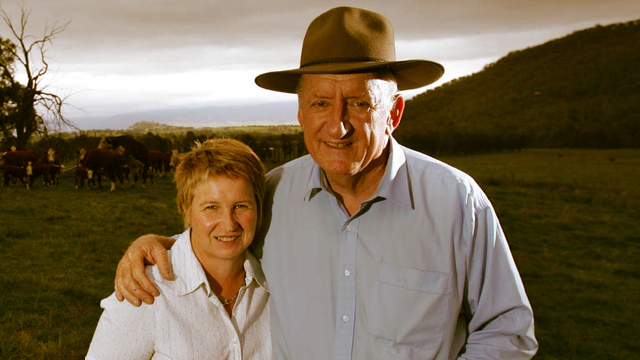A national project is underway to help alleviate Local Governments’ skills shortage by preventing the loss of council staff to the booming resources sector. Through new training opportunities, the Regional Employers Alliance Project (REAP) will seek to improve the ability for resource sector workers to move to employment within Local Government.
In Phase 1 of the project, during 2007, Local Government Managers Australia (LGMA) developed alliances with regional employers across the agriculture, infrastructure, Local Government and resources sectors. They worked together to understand the challenges they faced in attracting and retaining skilled and semi skilled workers in Central Highlands in Queensland; Upper Hunter in New South Wales; Northern Tasmania; and the southwest of Western Australia.
Working closely with each of the regional facilitators, LGMA conducted interviews, discussions and two forums that led to the framework of an alliance of regional employers willing to work together on a cross sectoral workforce development project.
LGMA’s Skills Shortage Strategy Project Coordinator, Angela Zivkovic, said that significant economic expansion and the resources boom in the minerals sector are having a detrimental effect on the availability of skilled labour in a number of industry sectors Australia wide.
“Regional Australia in particular is experiencing the loss of skilled labour to the minerals sector, thus impacting social and economic infrastructure in regional communities,” Angela Zivkovic said. “REAP will attract, recruit and provide skills and long term structured, mobile, career opportunities for people across Australia. It will address existing perceptions that the minerals industry ‘poaches’ trained and experienced staff from Local Government and other employers in regional Australia.”
This year, in Phase 2 of REAP, three cross sectoral workforce development pilot projects are being implemented. All three pilots are unique and focus on the particular needs of the region.
Central Highlands Queensland Project – Seasonal Workforce Attraction of Skilled and Experienced Travellers –
‘Grey Nomads’
This project aims to provide work opportunities for an experienced travelling population, especially mature semi retired travellers – ‘Grey Nomads’ – in areas where there are skill and labour shortages.
The project will match the skill needs of local industries to the skill sets and skill development potential of an experienced travelling population.
Upper Hunter New South Wales Project – Investing in Pathways to the Future – Skills Cluster Training/Pathway for Cert I & II – Mobile Plant
This project aims to develop common occupational skill sets or clusters and associated training and accreditation by looking at what people do that is common across sectors, and not what sector they currently work in. The project will focus on the development of a viable model for flexible career pathways that are mobile across industries and sectors that utilise mobile plant in the Upper Hunter, thereby enabling people to work cross sectorally, and retaining the skill sets in the region.
Northern Tasmania Project
Investing in the Region –
Skills Cluster Training/
Career Pathways
A common skills project for support workers in industries involved with agriculture, land and environmental management. This project aims to develop a skills and career pathway for an up and coming skill set that reflects the needs of a range of industries across sectors, particularly the growth industries. It is also intended that this career and training pathway could make the Northern Tasmania region attractive as a location for industries as well as for people seeking retraining, upskilling and/or relocation.
For further information contact Angela Zivkovic on (03) 9682 9222.







